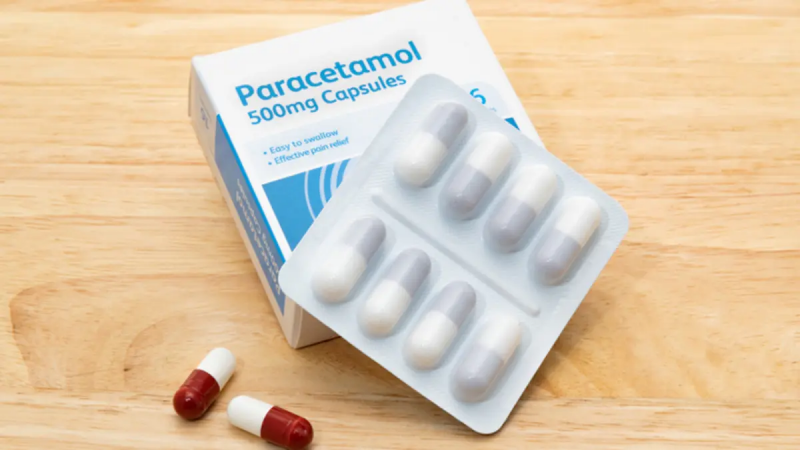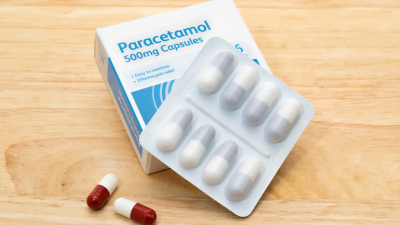Many medications, including children's medicines, contain paracetamol and are sold over the counter, making poisoning from this drug a widespread phenomenon. Dr. Ekaterina Kashukh, a gastroenterology specialist, explains in an interview with "Izvestia" how paracetamol affects the body and the consequences of taking an overdose.
According to her, paracetamol is one of the most commonly used antipyretics and pain relievers that can be easily obtained. It is included in the World Health Organization's list of essential medicines. Paracetamol effectively relieves pain and reduces fever. However, if the recommended dose is exceeded, it becomes toxic to the liver.
She states, “The drug is transformed in the body, under the influence of enzymes, into a toxic metabolite. The liver can effectively neutralize it. But when taking a large dose of the drug, the liver's ability to process this toxic substance is depleted, leading to the destruction of liver cells."
The doctor notes that the safe dose for adults and children over the age of 12 is 4 grams per day, with a maximum of 500 mg at a time. For children, the dosage is calculated based on weight, not exceeding 60 mg for every 1 kg of body weight. Therefore, it is crucial to carefully read the instructions included with the medication and not exceed the specified dosage. If a child's fever does not subside, a doctor should be called instead of increasing the dose.
She indicates that consuming 7.5 grams a day can cause poisoning in an adult, while the acute toxic dose for children is over 200 mg/kg of body weight. Exceeding this amount may lead to acute liver failure. According to her, European and American statistics indicate that 50 percent of cases of liver damage due to drugs result from paracetamol overdose.
Symptoms of acute paracetamol poisoning include nausea, vomiting, pain in the upper right abdomen, and kidney pain. In some cases, it can lead to acute liver failure, characterized by weakness, altered consciousness, and yellowing of the skin and eyes. Therefore, individuals experiencing severe paracetamol poisoning require rapid medical attention, as liver damage can lead to multiple organ failure.
She states, "At the first signs of paracetamol poisoning, especially in children, an ambulance must be called immediately." Acetylcysteine is used in treating this condition, which can be administered intravenously or taken in tablet form. This compound reduces the toxicity of paracetamol and mitigates its effects on the liver. The antidote is most effective within the first eight hours following the poisoning.




